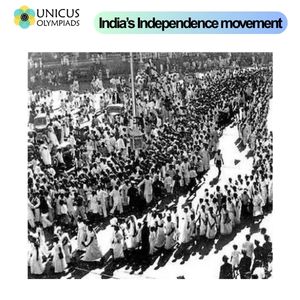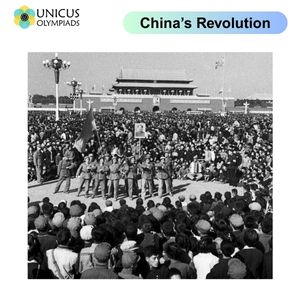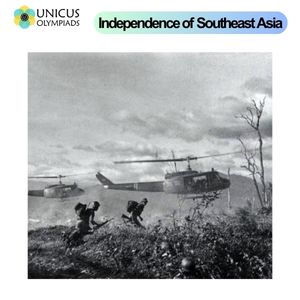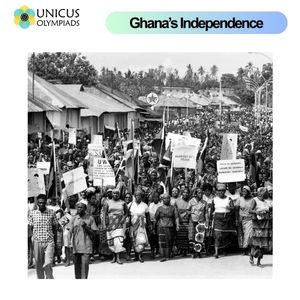

The independence movements in Asia and Africa were crucial events in the 20th century, as both continents sought to free themselves from colonial rule. These movements were deeply influenced by the rise of nationalist sentiments, the desire for self-determination, and the impact of the two world wars. The struggle for independence in these regions led to the eventual dismantling of European empires, the formation of new nations, and significant shifts in global geopolitics. This article explores key independence movements in Asia and Africa, detailing their causes, notable leaders, and the eventual outcomes.
Asia, with its diverse cultures and histories, saw some of the most significant independence movements in the 20th century. These movements were driven by the desire to end colonial exploitation, cultural domination, and the wish for self-governance.
India’s independence movement is perhaps one of the most well-known struggles for freedom in the world. Under British colonial rule for nearly two centuries, India became a focal point for anti-colonial activism in the 20th century.

China's struggle for independence from foreign powers and its shift towards communist rule had a profound impact on the history of East Asia.

Southeast Asia was home to numerous independence movements, many of which sought freedom from colonial powers like the French, British, and Dutch.

Africa's decolonization process was more varied, with different regions achieving independence through armed struggle, negotiations, or a combination of both. The end of colonial rule in Africa reshaped the continent's political and economic landscape.
Algeria's fight for independence from France was one of the most violent and prolonged in African history.

South Africa's journey toward independence was complicated by the deeply entrenched system of racial segregation known as apartheid, which was implemented by the National Party government.

Ghana was the first African country to gain independence from colonial rule, and it did so through a largely peaceful movement led by Kwame Nkrumah.

The independence movements in Asia and Africa were transformative events that reshaped global politics in the 20th century. These movements were driven by a combination of nationalist sentiments, anti-colonial resistance, and the desire for self-determination. They were marked by significant struggles, ranging from peaceful negotiations to violent armed conflicts. The leaders and movements of these regions played pivotal roles in dismantling colonial rule and establishing new nations that sought to define their own futures. While the road to independence was often fraught with challenges, the success of these movements paved the way for the establishment of sovereign nations and contributed to the ongoing struggle for social, economic, and political justice around the world.